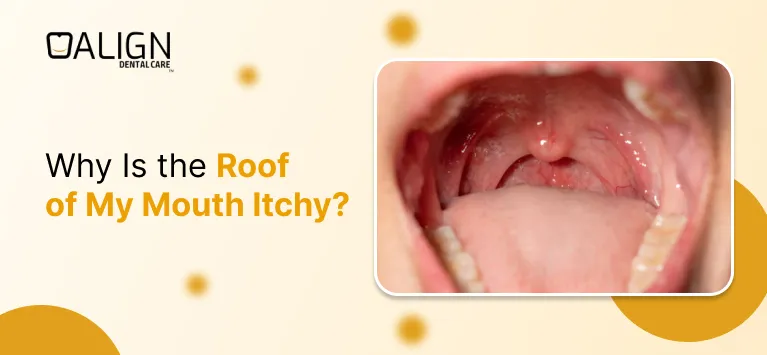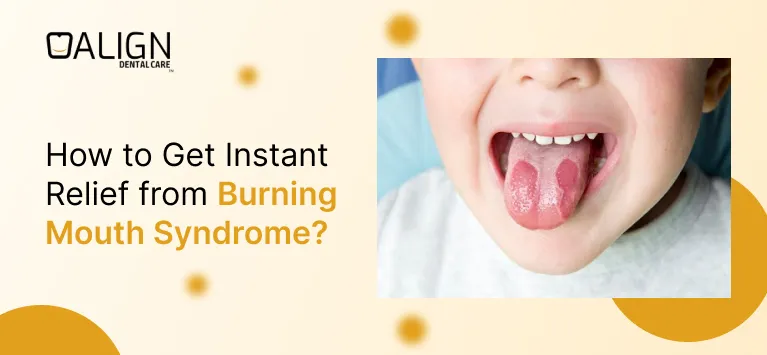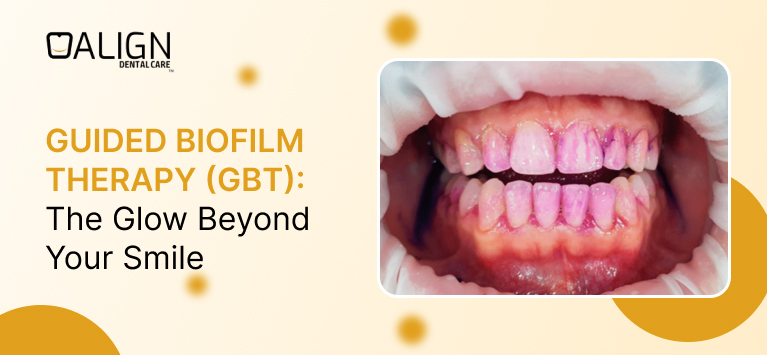
Why Is the Roof of My Mouth Itchy?
The itchy roof of my mouth can be an annoying and uncomfortable sensation. Many people wonder, Why does the top of my mouth itch, and seek ways to relieve the discomfort. It’s a feeling that may occur in various forms, from mild irritation to persistent itching. Whether it’s the back of roof of mouth itchy or the top of the mouth itchy, understanding the causes of itchy roof of mouth is the first step in finding relief. In this blog, we’ll explore the common reasons behind this issue and suggest some simple home remedies to soothe your itchy roof of mouth.
Table of Contents
What Is Itchy Roof of Mouth?
When the roof of the mouth itchy sensation strikes, it means there’s an irritation or inflammation affecting the soft and hard palate area inside your mouth. This irritation can feel like a scratchy or even burning sensation. Depending on the cause, you might notice it spreading across the entire roof of your mouth or affecting just a specific spot, such as the back of roof of mouth itchy. It can be a temporary discomfort or something that lasts longer if not addressed properly. Let’s dive into the common causes for why does the roof of my mouth itch and how to deal with it.
Causes of Itchy Roof of Mouth
Allergies
Allergies are one of the leading causes of itchy roof of mouth sensations. Pollen, dust, mold, and certain foods can trigger an allergic reaction that leads to itching top of mouth. If you have sensitivities to foods like nuts, dairy, or even specific fruits, these can cause the roof of your mouth to itch. Seasonal allergies or indoor allergens can also lead to the roof of my mouth itchy sensation, causing swelling and discomfort.
Dry Mouth

Dehydration and dry mouth are common causes of roof of my mouth itchy discomfort. When your mouth lacks sufficient moisture, it can become irritated and itchy. This may be particularly noticeable when you’re dehydrated or taking medications that reduce saliva production. A dry mouth can cause discomfort, especially on the back of roof of mouth itchy, and can make the overall sensation worse.
Infections and Oral Conditions

Infections, such as fungal infections like thrush or viral conditions like cold sores, can lead to an itching top of mouth sensation. Oral conditions, such as gingivitis or stomatitis, can cause inflammation and itching in the roof of the mouth. If you notice painful bumps or sores, these could be signs of an infection or oral disease, which may require medical treatment.
Mouth Irritants


Spicy, acidic, or overly hot foods can irritate the roof of your mouth and make it feel itchy. Citrus fruits, tomatoes, or spicy dishes are common culprits. Additionally, tobacco use or smoking can also cause irritation, contributing to a roof of the mouth itchy feeling. Avoiding these irritants can help reduce the discomfort.
Poor Oral Hygiene
Bacterial buildup from poor oral hygiene can cause irritation in your mouth. This can lead to discomfort in the form of itching or itchy bumps on roof of the mouth. Regular brushing and flossing can help prevent this issue by keeping your mouth free from harmful bacteria and plaque.
Hormonal Changes
Hormonal fluctuations, especially during pregnancy or puberty, can make the tissues in your mouth more sensitive, leading to an itchy roof of mouth sensation. Increased sensitivity during these times can trigger itching or mild irritation.
Why Does the Roof of My Mouth Itch? Other Possible Reasons
In addition to the common causes listed above, other potential factors that can contribute to an itchy roof of mouth are:
- Temperature Sensitivity: Very hot or cold food can irritate the roof of your mouth, especially if your mouth is sensitive.
- Food Allergies: Aside from seasonal allergies, certain foods, such as dairy or shellfish, can trigger allergic reactions that make the roof of my mouth itchy.
- Dehydration: Lack of hydration can lead to a dry mouth, contributing to the top of the mouth itchy feeling.
Itchy Roof of Mouth at Night
Experiencing an itchy roof of mouth at night can be frustrating and disruptive to sleep. This sensation is often caused by dryness due to reduced saliva production while you sleep, leading to irritation in the roof of your mouth. Allergies, such as those triggered by dust mites or bedding materials, can also worsen at night, causing the roof of my mouth itchy feeling. Additionally, if you’ve recently consumed spicy or acidic foods before bed, they might irritate the sensitive tissues, resulting in an itchy roof of mouth sensation. To relieve discomfort, try staying hydrated throughout the day, using a humidifier at night, and avoiding irritants before bedtime.
Home Remedies for Itchy Roof of Mouth
If you’re dealing with an itchy roof of mouth, there are several home remedies that may provide relief:
Stay Hydrated

Drink plenty of water to keep your mouth moist and prevent dryness. Staying hydrated can help alleviate the itching top of mouth sensation and improve saliva production, which helps maintain a healthy mouth.
Saltwater Rinse

Rinsing with a saltwater solution can help cleanse your mouth, reduce inflammation, and relieve itching. Mix a teaspoon of salt in warm water and use it as a mouthwash to soothe the irritated roof of your mouth.
Aloe Vera Gel

Aloe vera has natural soothing properties that can help calm irritation in your mouth. You can apply a small amount of aloe vera gel to the affected area to relieve the roof of my mouth itchy sensation.
Avoid Irritating Foods
If you notice that certain foods trigger your itchy roof of mouth discomfort, avoid spicy, acidic, or overly hot foods that could aggravate the problem. Opt for cooler, softer foods that won’t irritate the roof of your mouth.
Honey

Honey’s natural anti-inflammatory properties can help soothe an itchy roof of mouth by reducing irritation. Applying a small amount directly or mixing it with warm water as a rinse may provide relief.
Cold Compress

Using a cold compress or sucking on ice chips can help reduce swelling and soothe the itchy roof of mouth. The cool temperature can provide temporary relief from the discomfort.
Over-the-Counter Allergy Medications
If allergies are causing the top of the mouth itchy feeling, over-the-counter antihistamines can help reduce symptoms. Always check with your healthcare provider before using any medication.
Good Oral Hygiene
Maintaining good oral hygiene by brushing and flossing regularly can help prevent bacterial buildup and improve overall mouth health. Be gentle when brushing the roof of your mouth to avoid further irritation.
When to See a Doctor
If your itchy roof of mouth persists or is accompanied by pain, swelling, or sores that don’t go away, it’s important to consult a doctor or dentist. An infection, oral disease, or another underlying condition may be responsible for the discomfort, and a healthcare professional can provide proper treatment.
Conclusion
In conclusion, there are several reasons for an itchy roof of mouth, ranging from allergies and dry mouth to infections and poor oral hygiene. Identifying the cause of your discomfort is crucial in determining the best way to relieve the sensation. Whether it’s through hydration, saltwater rinses, or avoiding irritants, there are simple remedies to help soothe an itchy roof of mouth. However, if the discomfort persists, don’t hesitate to seek medical advice for a proper diagnosis and treatment.
By taking care of your oral health and addressing the root cause, you can keep your mouth comfortable and free from irritation. Stay mindful of your mouth’s needs, and enjoy a healthy, itch-free smile!












